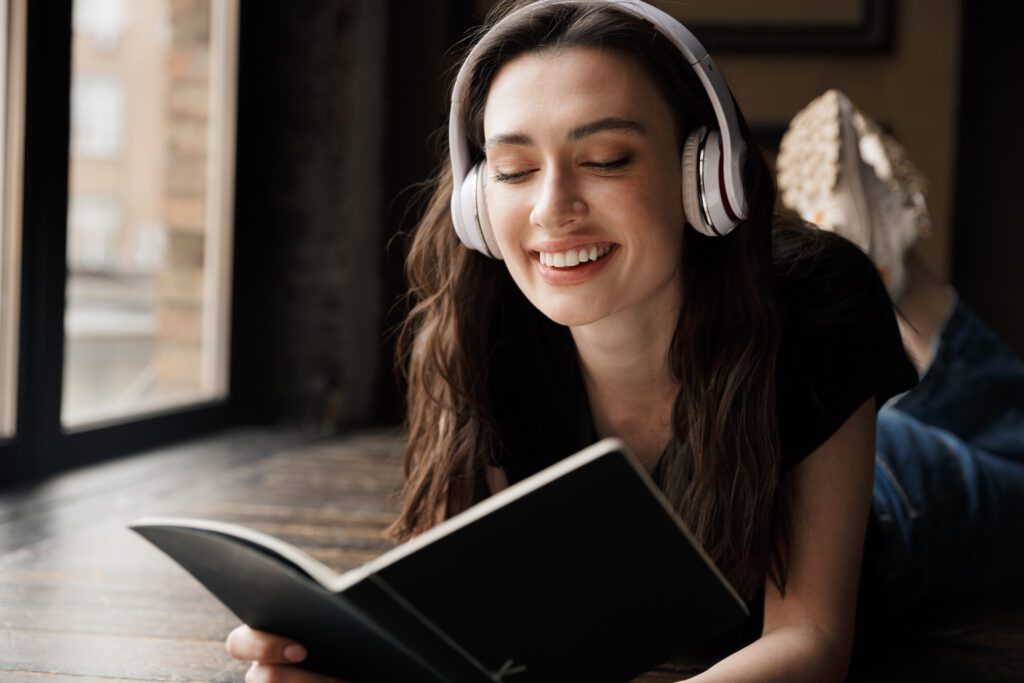Best Books for Learning Music
Music is a language—one that transcends borders, cultures, and even time. Just like any language, it can be learned, practiced, and mastered. Whether you’re a beginner just starting your journey into music or an experienced musician looking to sharpen your skills, books are a timeless and effective way to gain knowledge, improve technique, and deepen your musical understanding. At The Mystic Keys, we encourage our students to complement their one-on-one lessons with reading material that enriches their education. So, in this comprehensive blog, we’ll dive into some of the best books for learning music, covering everything from music theory and ear training to instrument-specific guides and even inspirational reads from legendary musicians.
Why Learn Music from Books?
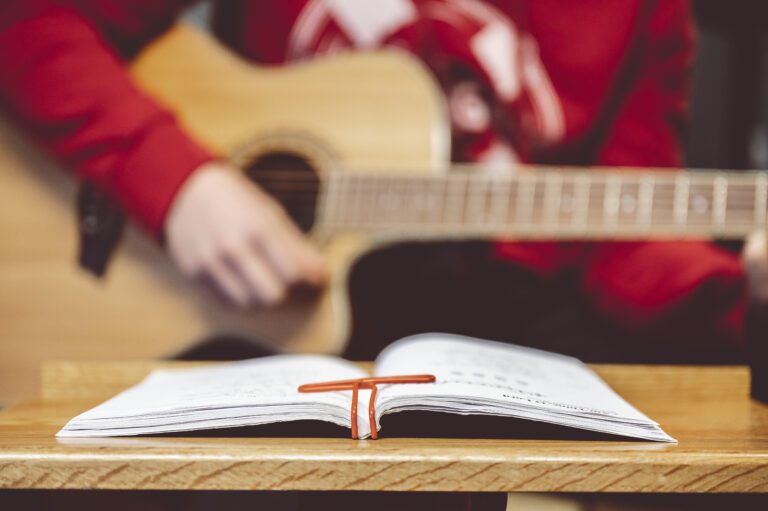
Books offer structure, clarity, and depth. While lessons provide practical experience, reading helps reinforce concepts, introduces new techniques, and offers historical or theoretical context. Books allow learners to explore at their own pace and revisit difficult concepts as needed. For self-taught musicians or those in formal training, the right book can be the key to unlocking greater musical understanding.
Let’s explore some of the best books for learning music based on category and skill level.
1. Best Music Theory Books
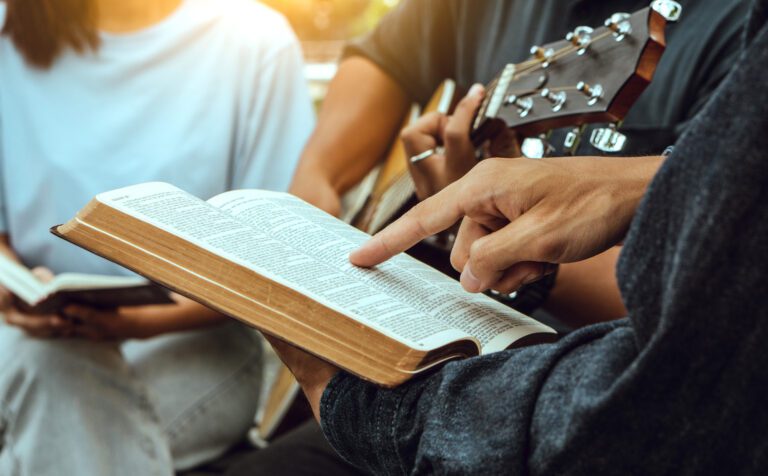
Understanding music theory is like understanding grammar in a language—it’s the backbone of good musicianship.
Tonal Harmony by Stefan Kostka and Dorothy Payne
This is a college-level textbook widely used in music programs. It’s thorough and academic, ideal for students who want to master classical harmony, chord progressions, and voice leading.
Music Theory for Dummies by Michael Pilhofer and Holly Day
Perfect for beginners, this book explains core concepts in a fun, accessible style. It includes basics like notation, scales, intervals, chords, and more advanced topics in a progressive way.
The Complete Musician by Steven G. Laitz
Used in conservatories and universities, this text is detailed, structured, and combines theory with musicianship and analysis.
2. Best Ear Training Books
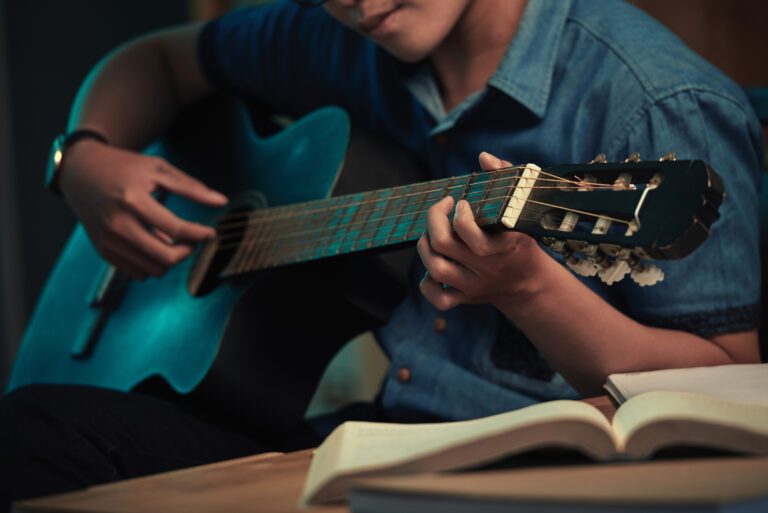
A well-trained ear is essential for playing by ear, improvisation, and accurate tuning.
Ear Training for the Contemporary Musician by Keith Wyatt and Carl Schroeder
This book includes a CD and takes a practical approach to developing your ear. It focuses on intervals, rhythms, chord qualities, and melodies.
The Real Easy Ear Training Book by Roberta Radley
Designed for classroom or individual study, this book helps musicians recognize pitches, rhythms, and chord progressions. Includes written and audio exercises.
3. Best Instrument-Specific Books
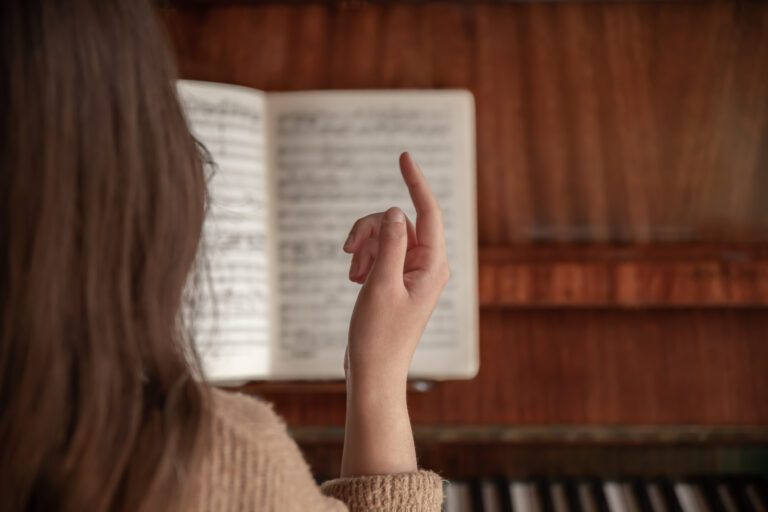
Different instruments require different techniques and methods. Here are a few top picks by instrument.
Alfred’s Basic Adult Piano Course by Willard A. Palmer, Morton Manus & Amanda Vick Lethco: One of the most widely used methods for adults.
Faber Piano Adventures: A favorite among children and adults alike for its engaging lessons and gradual progression.
Hal Leonard Guitar Method by Will Schmid and Greg Koch: An excellent starter book for acoustic or electric guitar.
Guitar Aerobics by Troy Nelson: For intermediate to advanced players, with daily exercises to improve technique.
Set Your Voice Free by Roger Love: Great for singers of any genre. It covers breath control, vocal exercises, and performance tips.
Singing for the Stars by Seth Riggs: Developed by the coach of many famous singers, it introduces the Speech Level Singing method.
Suzuki Violin School: Widely used across the world. It combines listening, playing, and learning by ear.
Essential Elements for Strings: A popular method book that incorporates theory and technique.
4. Best Books for Songwriting & Composition
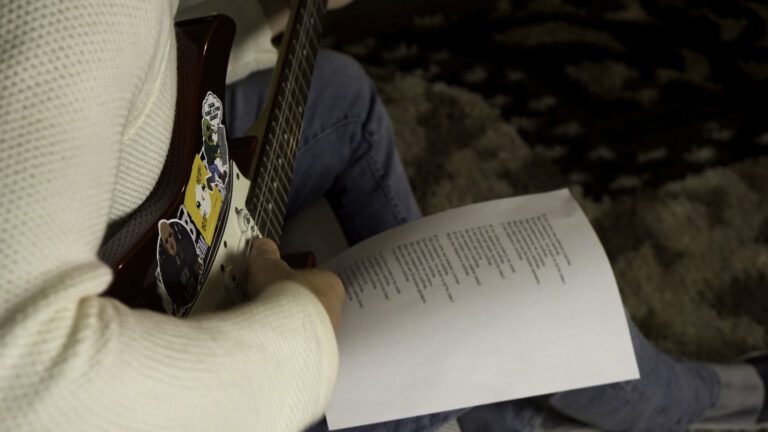
For those interested in creating their own music, songwriting books can provide structure and inspiration.
Writing Better Lyrics by Pat Pattison
This Berklee College of Music professor offers incredible insights into the mechanics of lyric writing. Exercises included.
Written by a legendary songwriter, this book blends technique with personal storytelling.
Composing Music: A New Approach by David Stevenson and Jeffrey Keisler
A practical, hands-on guide to creating melodies, harmonies, and full compositions.
5. Inspirational Books by Musicians
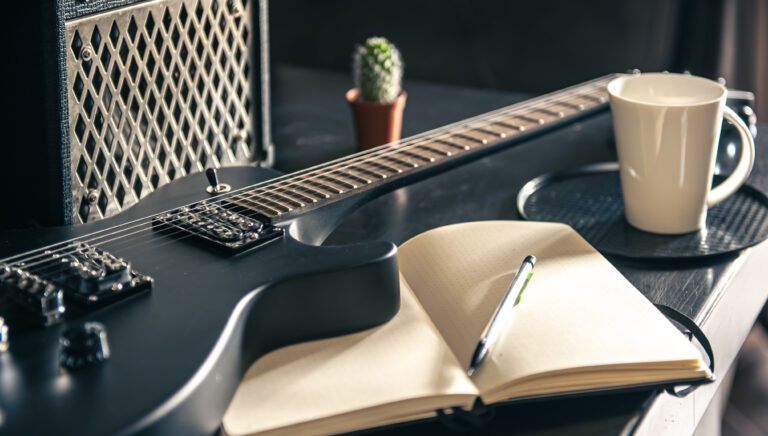
Sometimes, inspiration is the best teacher.
A raw, honest account of the legendary Rolling Stones guitarist’s musical journey and struggles.
Chronicles: Volume One by Bob Dylan
This memoir offers insight into the creative mind of one of the world’s greatest songwriters.
More than just music, this book captures the spirit of creativity, struggle, and the 1970s New York music scene.
6. Best Books for Kids Learning Music
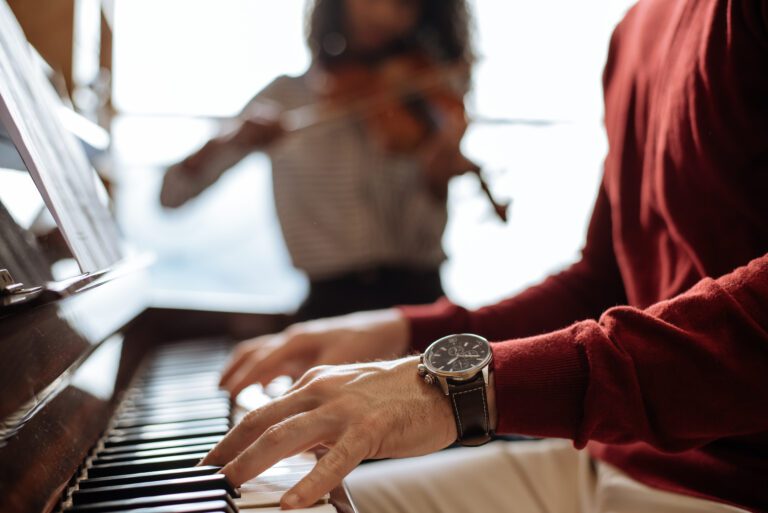
Engaging children in music through books can set a strong foundation for their musical future.
My First Piano Adventure by Nancy and Randall Faber
With colorful illustrations, songs, and playful activities, it’s great for young learners.
Bastien Piano Basics by James Bastien
Widely used in music schools, it’s simple, structured, and age-appropriate.
Zin! Zin! Zin! A Violin by Lloyd Moss
A wonderful picture book that introduces children to instruments through rhyme and art.
7. Books on Music History and Appreciation
Understanding where music comes from helps you appreciate it even more.
The Oxford History of Western Music by Richard Taruskin
A detailed and scholarly deep dive into the evolution of Western music.
This Is Your Brain on Music by Daniel J. Levitin
A fascinating look into how we process music emotionally and scientifically.
How Music Works by David Byrne
The Talking Heads frontman explores how music is shaped by culture, technology, and environment.
Choosing the Right Book for Your Learning Style
- Not every book is for every learner. Some people absorb better through images and examples, while others enjoy detailed theory. When choosing a book:
- Consider your level (beginner, intermediate, advanced)
- Know your learning goal (theory, instrument technique, songwriting, etc.)
- Check if the book comes with audio/video content
- Look for books with exercises and practice routines
- At The Mystic Keys, we help our students pick the right books based on their personal learning goals. Whether you’re preparing for Trinity College London exams or learning music as a hobby, reading the right book can elevate your progress.
Conclusion: Your Musical Library Awaits
The world of music education is vast, but the right book can act as your compass. Combine your reading with consistent practice, expert lessons, and a love for music, and you’ll see your skills flourish. At The Mystic Keys, we offer personalized online music lessons in piano, keyboard, guitar, vocals, and more. Our professional teachers also guide you in choosing reading resources that complement your learning.
Ready to build your musical library and take your learning to the next level?
Want to learn Music in detail? Enroll in our Keyboard Classes Online and explore the fascinating world of music.
Related Blogs
Confidence isn’t something you’re simply born with — it’s something you build. And one of the most powerful, rewarding, and creative ways to develop self-confidence is by learning to play a musical instrument.
The quest for effective music to help you study techniques has led many students to incorporate music into their routines. Study playlists, often filled with soothing or instrumental tracks, are popular tools aimed at enhancing focus and productivity.


